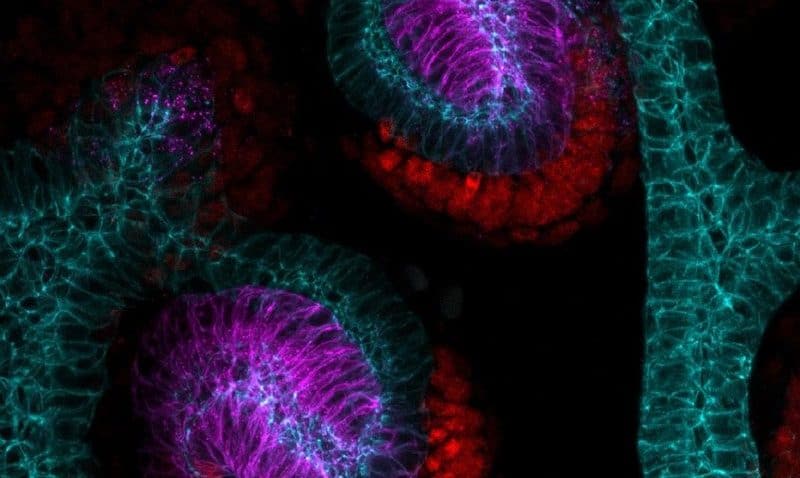The FDA rejected Reata Pharmaceuticals’ treatment for chronic kidney disease, an expected conclusion after an agency advisory committee voted unanimously not to recommend it at a meeting last year.
In its complete response letter, the FDA said the company’s data for bardoxolone did not demonstrate effectiveness in patients with Alport syndrome, a genetic disease that impacts the body’s ability to create collagen proteins, which are a necessary component of filtration in the kidneys. It’s the same conclusion that was determined unanimously by members of the FDA’s Meeting of the Cardiovascular and Renal Drugs Advisory Committee in December 2021
“As much as I desperately want to see a drug that has an alternative mechanism of improving kidney function…I’m left quite concerned that the data that we’ve been provided does not meet the bar of showing that this is going to slow the time to end-stage kidney disease,” said committee member Paul M. Palevsky, MD, during the meeting.
The rejection could mark a death knell for this particular use of Reata’s lead asset, but that doesn’t mean the biotech is burying the drug. It’s still being tested in a number of other chronic kidney diseases, including type 1 diabetes, immunoglobulin A nephropathy and autosomal dominant polycystic kidney disease. The company expressed disappointed in the decision in a press release, but said it would continue to work with regulators to figure out a path forward for Alport syndrome patients.
According to Reata, the FDA said the issues could be alleviated if they identified and produced more convincing data on the drug’s ability to lessen the loss of kidney function.
It’s been a chaotic journey for bardoxolone, which has swung between promise and disappointment throughout clinical development. The Plano, Texas-based biotech originally licensed the rights to bardoxolone to AbbVie in 2010, but a phase 3 trial had to be halted in 2012 after patients in the treatment arm experienced a higher rate of heart-related side effects, including death. Reata was forced to slash its staff and go back to the drawing board, eventually retooling the drug and relaunching in 2014 for a new indication.
The AbbVie partnership eventually ended in 2019 after Reata re-acquired rights to the drug. At the time, CEO Warren Huff said the partnership had not been active.
The company’s shares actually rose following the news, up more than $5 to $31.30 per share, an indication that Wall Street had been bracing for the decision and that most of the financial fallout occurred after the AdComm’s vote. Overall, it’s been a dismal half-year for Reata, with shares down more than 72% compared to six months ago, dropping from $106 to $31.

